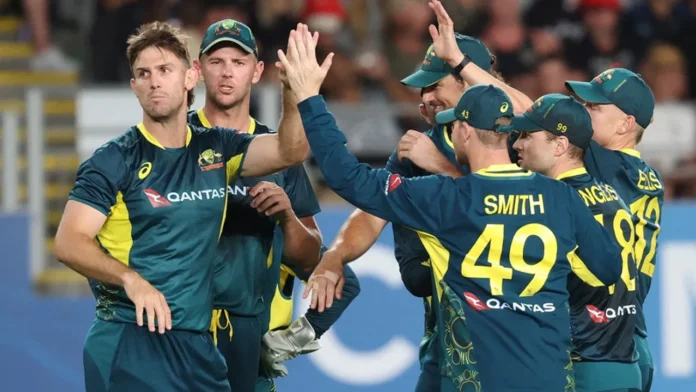Cricket South Africa (CSA) is facing criticism for its selection of the T20 World Cup squad, which includes only one black player, raising concerns about diversity and representation in the national team. The decision has sparked outrage among fans and stakeholders, with many expressing disappointment over the lack of inclusivity in the squad.
Rob Walter, the T20 and ODI coach of South Africa, was questioned about the composition of the squad last month. In response, he emphasized that the primary goal is to create a winning team, prioritizing performance over other factors. However, this explanation has not appeased critics, who argue that diversity and representation should also be key considerations in team selection.
The absence of more black players in the T20 World Cup squad has reignited discussions about transformation in South African cricket. Transformation initiatives aim to address historical inequalities and ensure that cricket reflects the country’s diverse population. However, the latest squad announcement has raised doubts about the progress made in this regard, leading to calls for greater accountability and transparency in selection processes.
Critics argue that the lack of representation in the squad is a setback for transformation efforts in South African cricket. They believe that diversity within the national team is essential for inspiring future generations of players and fans from all backgrounds. Additionally, greater inclusivity can help address systemic inequalities and create a more equitable playing field for aspiring cricketers.
The controversy surrounding the T20 World Cup squad highlights the need for Cricket South Africa to revisit its selection policies and practices. While performance undoubtedly plays a crucial role in team selection, diversity and inclusion should not be overlooked. CSA must ensure that its teams reflect the rich tapestry of South African society and actively work towards creating opportunities for players from underrepresented communities.
Moving forward, there is a pressing need for greater transparency and accountability in the selection process, with clear mechanisms in place to promote diversity and inclusion. By fostering a culture of inclusivity, Cricket South Africa can demonstrate its commitment to transformation and uphold the values of fairness and equality in the sport.
The controversy surrounding the composition of the T20 World Cup squad underscores broader issues within South African cricket and society at large. Cricket has long been seen as a unifying force in the country, transcending racial and social divides. However, persistent challenges around transformation and representation threaten to undermine the sport’s ability to unite and inspire.
Historically, cricket in South Africa has been dominated by white players, reflecting the legacy of apartheid-era policies that marginalized black athletes. Since the end of apartheid, efforts have been made to address these inequalities through transformation initiatives aimed at diversifying the sport at all levels. While progress has been made in some areas, such as grassroots development and access to facilities, the representation of black players at the highest level remains a contentious issue.
The lack of diversity in the T20 World Cup squad is symptomatic of deeper structural issues within South African cricket. Despite the implementation of transformation targets and quotas, there are still barriers preventing talented black players from breaking into the national team. These barriers include limited access to resources, unequal opportunities for development, and systemic biases within the selection process.
Furthermore, the underrepresentation of black players in the national team perpetuates stereotypes and undermines the sense of belonging and inclusion for aspiring cricketers from minority communities. It sends a message that success in cricket is primarily determined by race rather than merit and talent, further alienating marginalized groups from the sport.
To address these challenges, Cricket South Africa must take proactive steps to promote diversity and inclusion across all levels of the game. This includes investing in grassroots development programs in underprivileged communities, providing equal opportunities for coaching and mentorship, and implementing transparent and merit-based selection processes.
Moreover, CSA needs to work closely with stakeholders, including government agencies, cricket clubs, and community organizations, to create an enabling environment for talent to flourish. This may involve addressing systemic barriers such as access to quality coaching, facilities, and financial support, as well as challenging entrenched attitudes and biases within the cricketing establishment.
Ultimately, the success of South African cricket depends on its ability to harness the talents of players from all backgrounds and create a truly representative and inclusive sport. By prioritizing diversity and inclusion, Cricket South Africa can not only strengthen the national team but also contribute to social cohesion and unity in the country.

